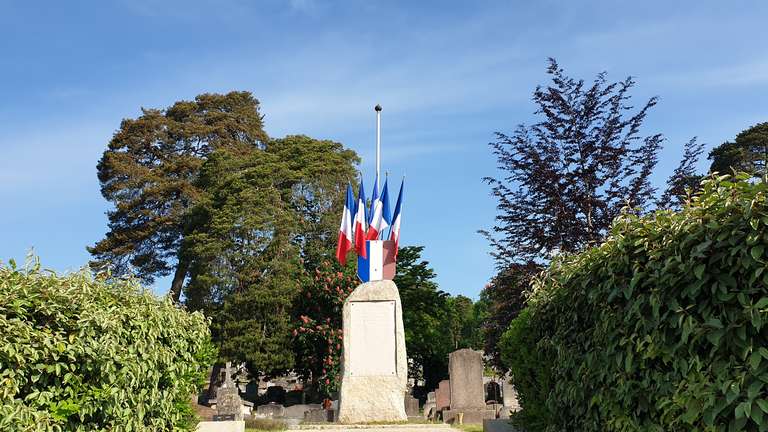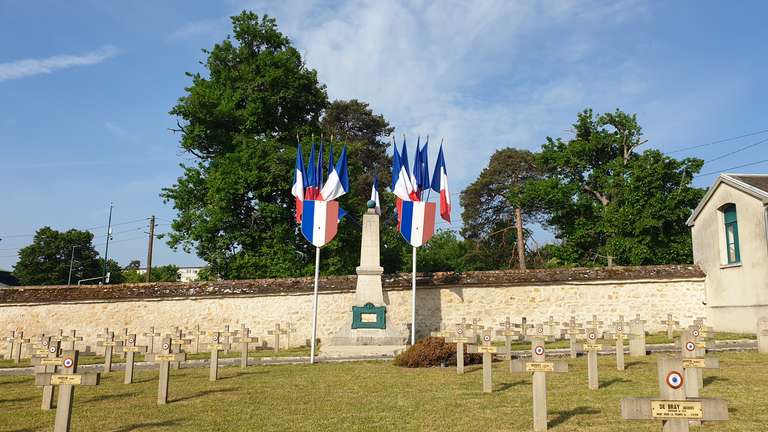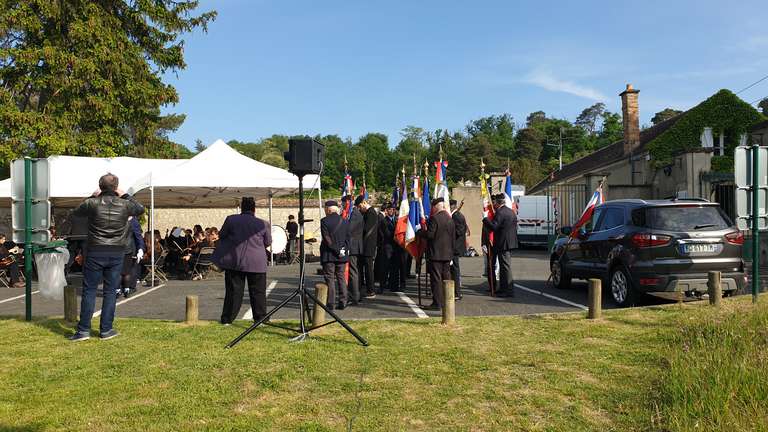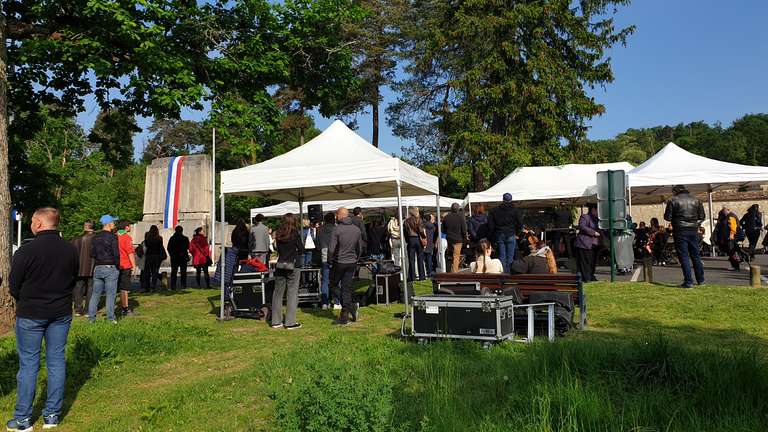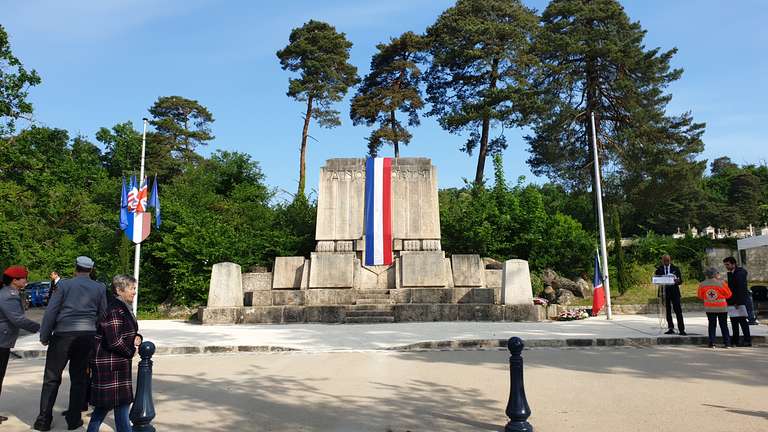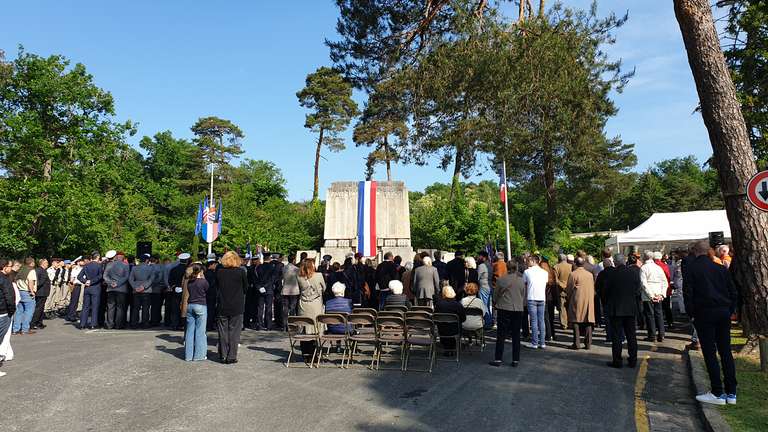Victory in Europe WWII
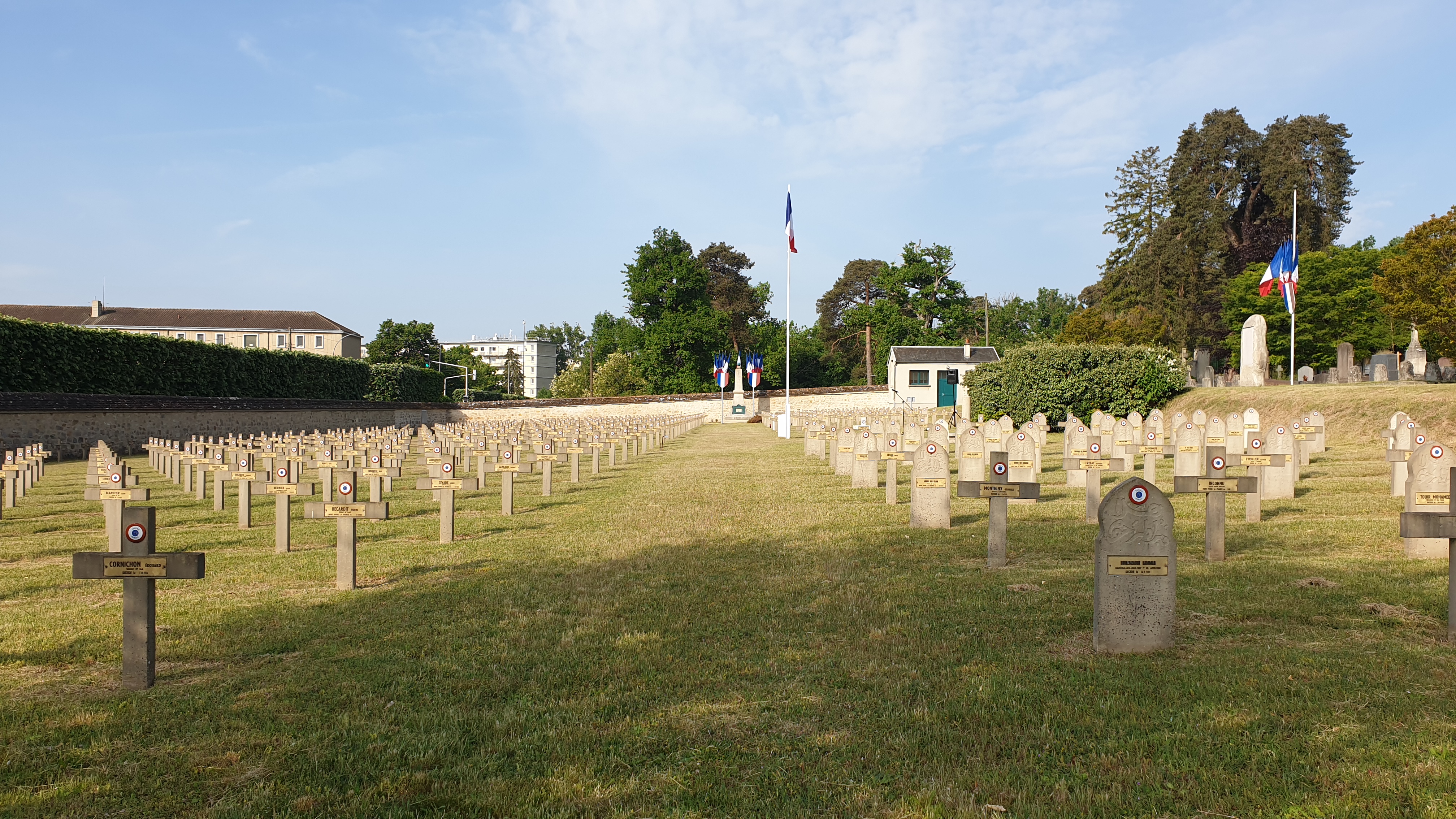
Victory in Europe Day, known in France as Victoire 1945 or simply 8 mai, is a national public holiday that commemorates the end of World War II in Europe. On May 8, 1945, Nazi Germany officially surrendered to the Allied forces, marking the end of nearly six years of brutal conflict. This day is one of the three main French national days, along with Bastille Day on July 14 and Armistice Day on November 11.
Why May 8th is Important
World War II was one of the most devastating conflicts in human history, involving over 100 million military personnel and causing an estimated 70 million deaths, including six million Jews killed during the Holocaust. The war began on September 1, 1939, and ended in Europe on May 8, 1945, just weeks after Adolf Hitler’s suicide.
The first surrender of the German army was signed in Reims, France, in the early hours of May 7, 1945. However, to satisfy demands from the Soviet Union, a second, more formal signing took place in Berlin late on May 8. This act brought immense relief and celebration throughout France. General Charles de Gaulle, the leader of France’s provisional government at the time, announced the victory at 3:00 p.m. on May 8, and church bells rang throughout the country to mark the joyous occasion.
Despite the celebrations, the day also holds a somber side. On the same date in 1945, violent clashes and massacres occurred in Sétif, Guelma, and Kherrata, regions in French colonial Algeria. During the post-war unrest, thousands of Algerians were killed—estimates range from 8,000 to 15,000. These events are now recognized as part of France's complex and painful historical legacy.
How May 8th is Celebrated in France
Victory in Europe Day is observed with great respect and reflection. It is a public holiday, so schools, government offices, banks, and most shops are closed. Some bakeries or smaller stores may open for part of the day, but in general, communities slow down to focus on remembrance.
Ceremonies are held across the country, from large cities to small towns. In Paris, the President of the Republic traditionally leads a ceremony at the Tomb of the Unknown Soldier under the Arc de Triomphe. Elsewhere, local mayors, veterans’ associations, schoolchildren, and members of the public gather for parades and commemorations at war memorials.
These events often follow a traditional order:
- A parade led by flag bearers and accompanied by music.
- Officials give speeches, wreaths are laid at war memorials, and a moment of silence is observed.
- The national anthem, La Marseillaise, is sung.
- The ceremony ends with music and sometimes a public reception at the local town hall.
Transportation services such as trains and metro lines do operate on May 8th, though some may have limited schedules. Roads may be temporarily closed in town centers due to parades or commemorations.
Victory Day in Fontainebleau
In the Fontainebleau region, Victory in Europe Day is marked with particular pride and reverence. For 2025, May 8th will mark the 80th anniversary of the end of World War II. The local community will gather for an official commemorative ceremony led by the Mayor of Fontainebleau, Julien Gondard, and other elected officials.
The day begins at 9:45 a.m. with a ceremony at the war memorial in Fontainebleau, followed by a visit to the memorial in Arbonne, which honors 36 resistance fighters who were executed during the war. The event involves civil and military authorities, veterans, young firefighters, students from local schools, and musicians from the Fontainebleau Conservatory and the Union Musicale.
It is a moving event that brings together residents of all ages to honor the sacrifices made for freedom and peace. It serves not just as a historical remembrance but as a reminder of the values that bind the community together.

